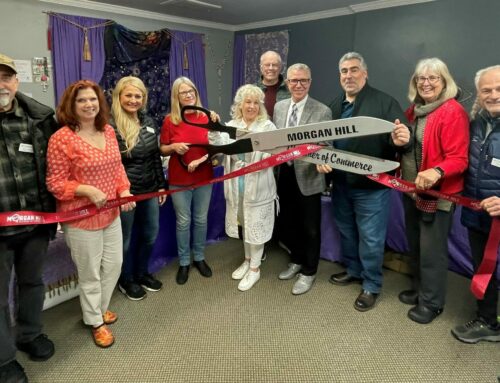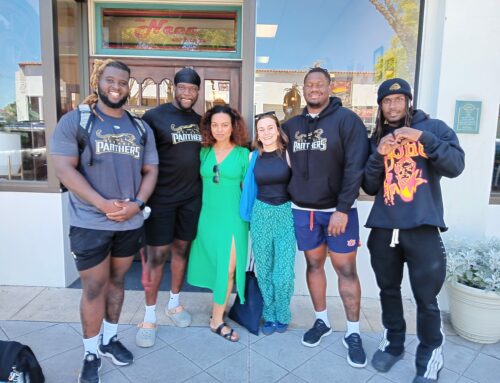Published in the Dec. 21, 2016 – January 3, 2017 issue of Morgan Hill Life
By James Ward

James Ward
People frequently bring me their existing wills, trusts, and durable power of attorney documents for me to review and make sure that the documents will serve the intended purpose when the person needs to rely upon those documents. But in many cases, the documents simply won’t meet the needs or desires of the person who signed them.
A local man died recently and two of his children came to see me with his will that said the house went to the two of them, and nothing to the third child because, “Dad knew she was evil.” Really? I questioned whether the court would accept the will that they showed me because it didn’t meet the California requirements for a valid will. The will had only one squiggled signature of a witness without the person’s printed name or address. There’s no way to validate who that witness was, but the two of them kept repeating that it didn’t matter because the will was notarized. Well, in California we don’t notarize wills. Valid wills in California require the signatures of two witnesses that can be validated. Will the court ever accept that will? Not likely. How many thousands of dollars will the three adult children spend fighting over it in court?
In another recent case, I had a brother and sister come to me shortly after their mother’s death, and they presented me with her trust and four amendments to the trust. Their mother had just died a week earlier at 99 years old, and they wanted to move ahead with the administration of the trust. They seemed very knowledgeable about the contents of the trust and informed me that, “Mom’s biological children get 60 percent, and her step-kids get 40 percent.” Really? That’s what it said in the second and third amendments, but the fourth amendment dropped that special language and also omitted a gift of $50,000 to the mother’s closest friend. The son and daughter were stunned. The daughter had been present when Mom signed the fourth amendment with her attorney the year before, but apparently the attorney forgot to carry through on Mom’s longstanding wish, and nobody took the time to read the one short paragraph that dropped Mom’s wishes that had been consistent for 10 or 15 years prior to signing the fourth amendment.
The end result of the attorney’s error on Mom’s fourth amendment was that her son and daughter would now each get $260,000 less than Mom had long intended. Although the key paragraph was only three or four sentences long, and it was intended that the wording be the same as on the prior two amendments, nobody took the time to read that paragraph and understand the meaning. Expensive mistake.
Another common problem that I see is when a surviving spouse comes to see me five or 10 years after the first spouse died, and they’re shocked to find out that they don’t have full control over all of the couple’s assets. They signed the documents years ago and never fully understood the documents they had signed.
Don’t let this happen in your family. First, make sure that you have the proper legal documents in place, and that each document is valid. Second, make sure that you understand what your documents say, and that the documents accurately reflect your wishes.
Don’t leave it until it’s too late.
Get your legal documents in order now.
James Ward is a longtime South Valley resident who lives in Morgan Hill. He went to law school in New England and later obtained a post-graduate law degree in Estate Planning at the University of Miami. Jim worked as an Estate Planning and Elder Law attorney in Florida, and then returned home to open his own law firm focusing on both Estate Planning and Elder Law. He maintains one office in South Valley and another in Willow Glen.






